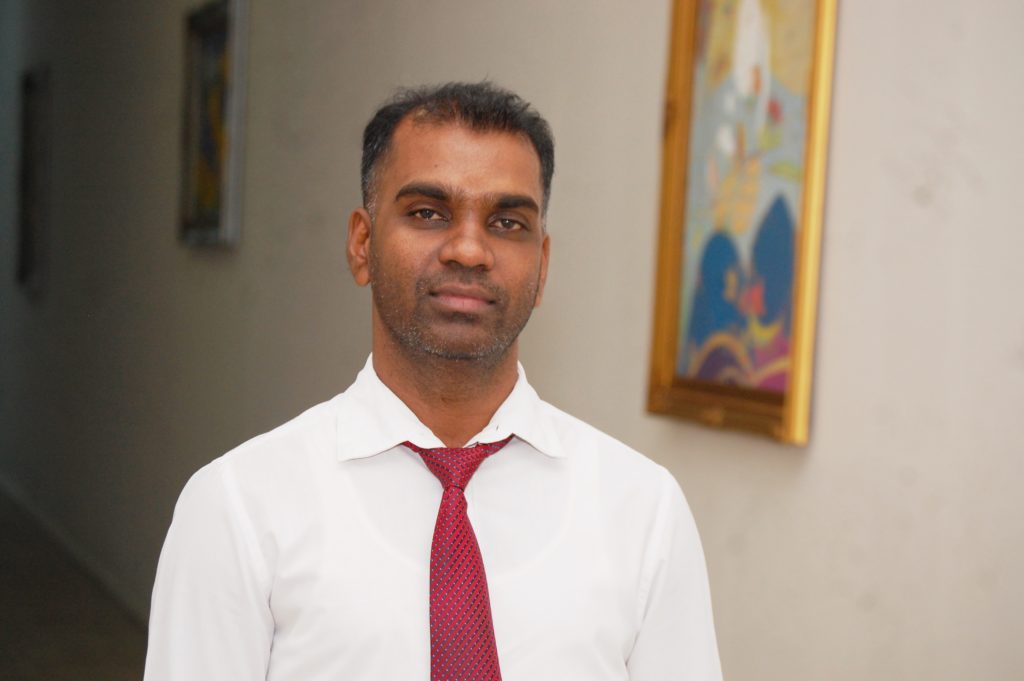Related posts
-

Reasons why the Parking Meters Project should be rejected
The controversial parking meter project is once again in the spotlight, as the report on that... -
Overcoming adversity
By Jainarine Deonauth Adversity defines what we are really made of. It can make us better... -
Maintaining the malaria fight
By Jainarine Deonauth The World Malaria Report 2012 just released, summarises information received from 99 countries...
